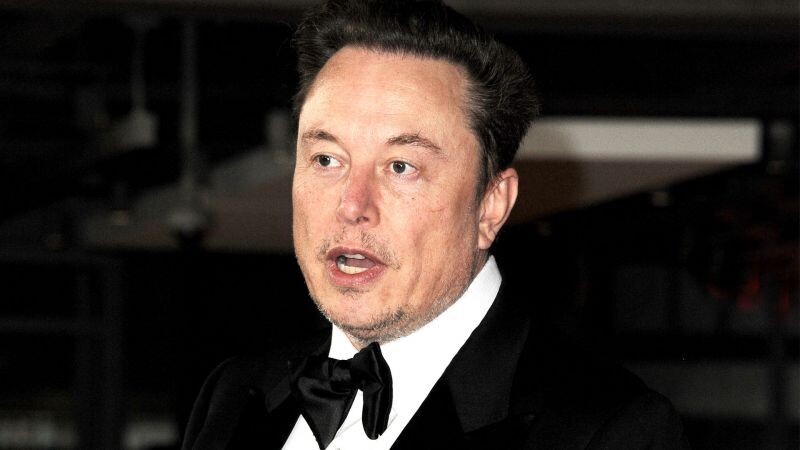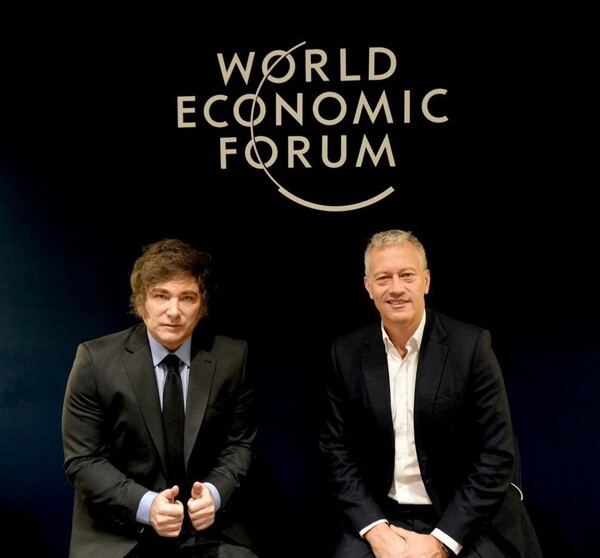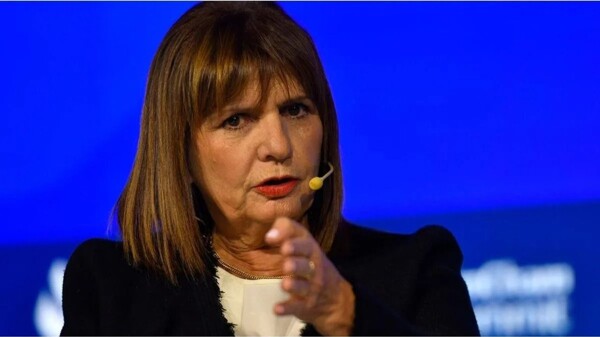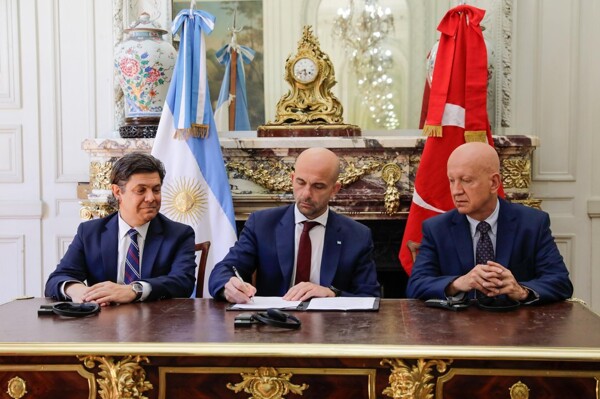
The entrepreneur Elon Musk has described lithium as "the new oil" due to its crucial role in the production of batteries for electric vehicles. Argentina, with around 20 million tons of reserves, ranks second in the world in lithium reserves, only behind Bolivia. This strategic position places Argentina in the spotlight of the transition towards more sustainable energy promoted by Gates and Musk.
On one hand, Bill Gates has urged investors to consider lithium as a crucial investment for a cleaner energy future. Through his Breakthrough Energy Ventures fund, Gates led a $20 million investment in Lilac Solutions, a startup aiming to innovate lithium extraction. On the other hand, Elon Musk is not only focused on lithium; he is also interested in minerals like copper, vital for his projects. The brines in the region offer a more accessible source of this mineral, attracting companies like Tesla.
Argentina faces challenges in the lithium industry, especially in the environmental sector, seeking to minimize the impact of extraction. Musk and Gates believe in the potential of lithium, anticipating a significant increase in demand in the coming decade. With more than 40 mining projects underway, driven by investments from major automotive and technology companies, Argentina aims to strengthen its lithium production in the coming years, with the prospect that 85% will be allocated to battery manufacturing.
The "Lithium Triangle," comprised of Chile, Bolivia, and Argentina, holds most of the world's lithium reserves. However, the region faces criticisms and challenges, including questionable practices by some companies that affect local communities' access to water. Elon Musk has shown interest in Argentine lithium, highlighting the strategic importance of the region in the global energy industry.













